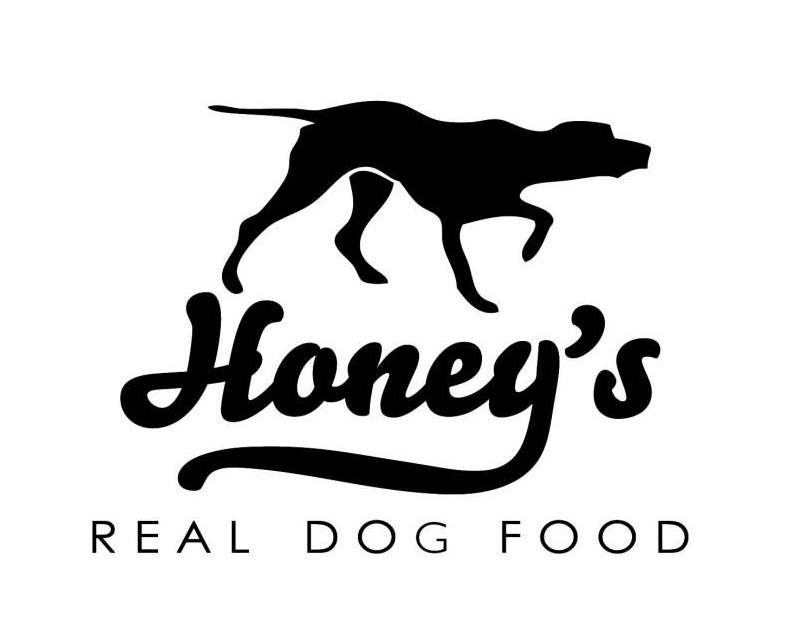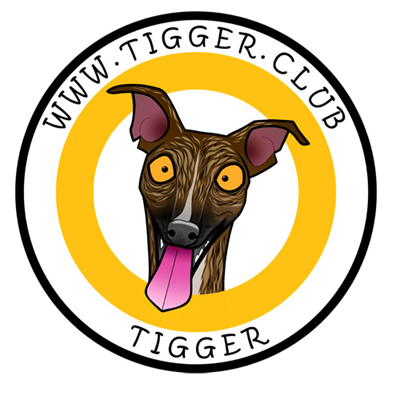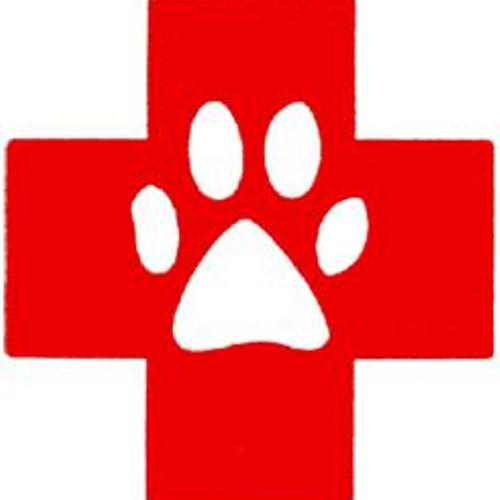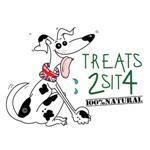Kidney Disease
By: Dr Lise Hansen
Overview:
There are many different causes of kidney disease in dogs including cancer, exposure to toxic substances, congenital defects and infectious disease.
Whatever the cause in each case, kidney disease is often not diagnosed until the majority of kidney function is lost and physical symptoms therefore become evident.
Kidney disease often develops slowly over time and it is often the case that, by the time the problem is discovered, the disease process is so advanced and the kidneys are so altered by scarring and inflammation that it may be impossible to determine exactly what initiated the disease process in the first place.
Advanced kidney disease leads to something that is known by several different names: chronic renal insufficiency, kidney failure and chronic kidney disease.
What happens when kidney function is compromised?
Once kidney cells have died, the tissue cannot regenerate. This doesn’t mean, however, that nothing can be done for the patient with chronic kidney damage. Far from it. There are several steps you and your vet can take both to ensure that his or her kidney function remains as good as possible, for as long as possible as well as to address the symptoms associated with chronic kidney disease.
How to spot kidney disease:
The three main health consequences of poor kidney function are a disturbed fluid balance, the accumulation in the blood of waste products that are normally excreted by the kidneys (azotemia) and high levels of phosphate in the blood.
The first signs of kidney disease that most people notice in their animals are increased thirst and urination. When the kidneys lose the ability to concentrate urine, the patient will pass an increased amount of dilute urine. As a consequence, he will drink more to try to make up for the lost fluid, but eventually he will become dehydrated. Nausea, vomiting, reduced appetite and weight loss are generally symptoms that develop later as the disease progresses.
A word about protein:
Confusion and controversy dominates the debate among vets when it comes to the question of limiting dietary protein in the face of kidney disease. I have yet to see any evidence that a high-protein diet puts strain on the kidneys or exacerbates kidney disease in any way. At the very end stage of advanced kidney disease, when only minimal organ function remains, nitrogen waste products will accumulate in the blood and make the patient feel unwell.
Human kidney patients describe nausea and tiredness as the main symptoms. At this stage of the disease, there may be some merit to limiting the intake of protein, simply to minimise the waste products. Still, I do not believe that there is any sense to the often-quoted advice that kidney patients should be fed a low-protein diet from the point of diagnosis. I repeat – no matter what you may hear, it is not possible to damage the kidneys by feeding ‘too much’ protein. For carnivores, even when ill, there is simply no such thing as ‘too much protein’.
Treatment:
Kidney failure cannot be cured, but in many cases a dog can live with the condition without compromising his or her quality of life. I have known many animals with chronic renal failure who have lived active lives for years following the diagnosis.
Your vet will probably prescribe medication and possibly a supplement (phosphate binder) to control the level of phosphate in the blood.
Your vet may also recommend regular injections of vitamin B and anabolic steroids to help the kidney patient maintain his or her bodyweight. It is crucial that your dog has access to fresh drinking water at all times. Common-sense steps to prevent dehydration, such as avoiding all dry foods and encouraging your animal to drink plenty of water make all the difference. On top of these measures, there are useful supplements (primarily herbal) that can support kidney function.
Individualised treatment from a herbalist, a TCM (Traditional Chinese Medicine) acupuncturist or a classical homeopath can strengthen the individual as well as support kidney function and make all the difference between steady decline and thriving.
The role of diet:
The most important point about diet and kidney disease is that it is much more important that the patient eats than what he eats.
If your dog is not interested in food:
- Feed little and often.
- Don’t leave food out. Remove any leftovers or untouched food.
- Heating the food can make it much more tempting.
- Junk food is better than no food!
Dogs with kidney disease are more likely to become dehydrated due to the reduced ability of the kidneys to conserve water. Maintaining a good fluid intake may help slow the progression of kidney disease. Wet food such as raw food is therefore recommended, the dog can also be encouraged to drink extra water by adding water to its food, and a little goat milk to a bowl of water. Using filtered or rainwater may encourage drinking.
Dogs with chronic kidney disease should have low quantity, high quality protein. Raw meat contains relatively more and higher quality protein than prescription kidney diets and most kibbles. Unlike cereal based highly processed foods, the protein in raw meat is easily broken down into amino acids that are useful. As phosphate is another component that relies solely on extraction by the kidneys, a lower phosphate diet is also recommended for these dogs.
Raw meat cannot compete with prescription diets on phosphate content, nevertheless a vet can prescribe phosphate binders which stop phosphate absorption in the intestines and therefore reduce the workload on the kidney.
These dogs will benefit from adding water soluble vitamins to the diet as these are often lost in excess urine loss. Adding colourful fruits and vegetables juiced or mashed will help replace these loses.
This health article was written by Honey's Real Dog Food
Honey’s Real Dog Food are one of the longest-established raw dog food producers in the world.
Contact:
Tel: 01672 620 260
Email:
Website: www.honeysrealdogfood.com




